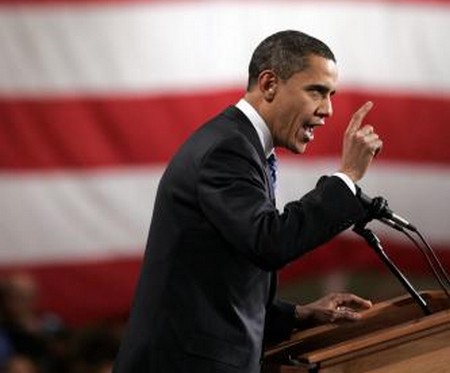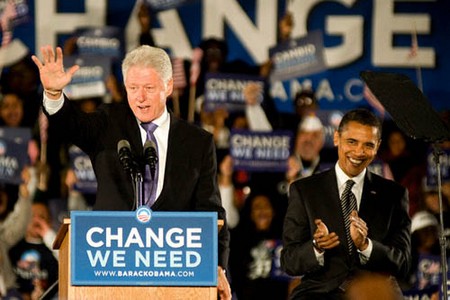In electoral crusades for almost all countries’ top positions, including that for the U.S. presidency, one cannot help but notice the different gimmicks and promotional ads plastered on every medium there is. Political rivals fight tooth and nail for nationwide campaigns, hiring-top-of-the-line people in hopes of boosting their names in the next survey or poll results. But how did these campaigns, specifically those for the presidency, come to be?
History
Ardent presidential campaigns in the U.S. date back to the mid-19th century when elections used memorabilia very extensively. The widespread use of buttons bearing the names of political candidates date back to the inauguration of George Washington for the presidency in 1789. His supporters wore stylish coat buttons, and these have remained popular ways to show support for more than 200 years. Bumper stickers, pens, mugs, T-shirts and caps are also popular objects for campaign messages.

In the early 1830s people gathered in groups during parties to discuss among themselves and perhaps convince others to vote for their aspiring candidates, as a number of matters had grown quite contentious in the country. The practice transformed later on to conventions, which continue to this day.
Radio Campaigns
Necessity became the mother of invention in the 1900s, and it was in that era that radios set afire the avid campaigns where hard-to-travel places became accessible by means of transmission waves. Radios brought more than convenience to the candidates, allowing them to travel less and campaign from the comfort of a radio station booth to far-flung places they could not otherwise have reached if they were to campaign in person.
Television Campaigns
Television also had a profound impact on presidential campaigns. In 1960 the first presidential debate took place on national television between Richard Nixon and John F. Kennedy. This allowed millions of viewers to see and hear the presidential aspirants’ views on important national issues. Debates on television provided enlightenment on topics like economic crises and issues like poverty and security.
The Impact of the Internet
Regarding the evolution of presidential campaigns, the Internet has undoubtedly provided many campaign opportunities via political advertisement. Candidates with the financial capability to buy ads have powerful edges against other political aspirant. They communicate and reach out to a wider audience to woo more votes. In this dynamic age of computer technology, videos, blogs, websites and the like are good venues for presidential campaigns. A video uploaded on a particular web site can either make or break a presidential candidate overnight.

The history of presidential campaigns has progressed over time. New and better means of technology and communication have significantly impacted such campaigns, from the innocent-looking coat button-down of George Washington’s campaign to the complicated world of computers and Internet of Barack Obama’s campaign.